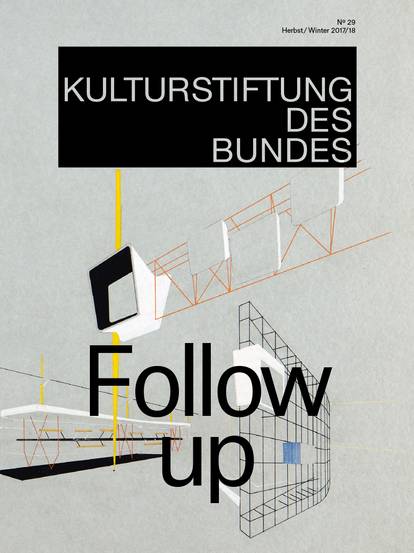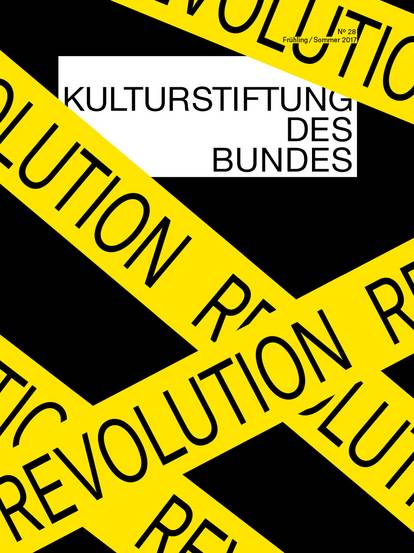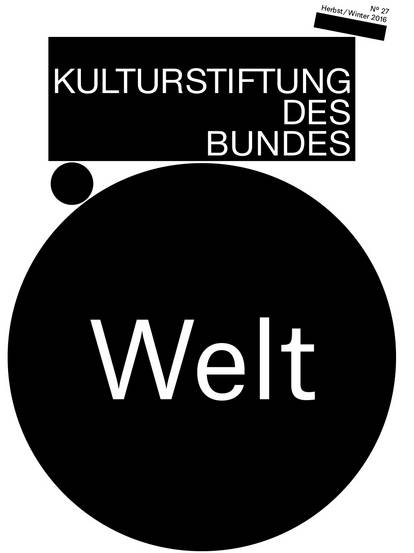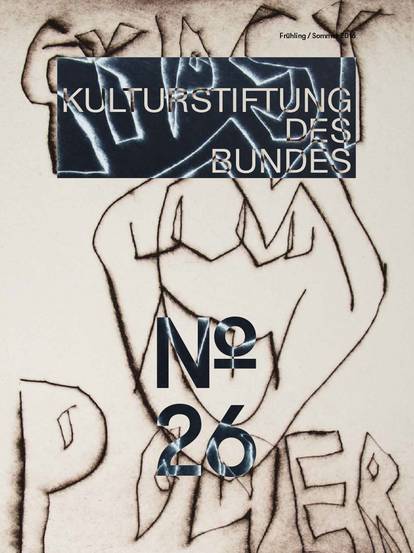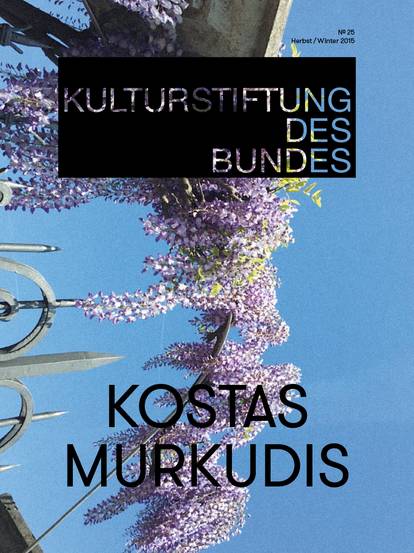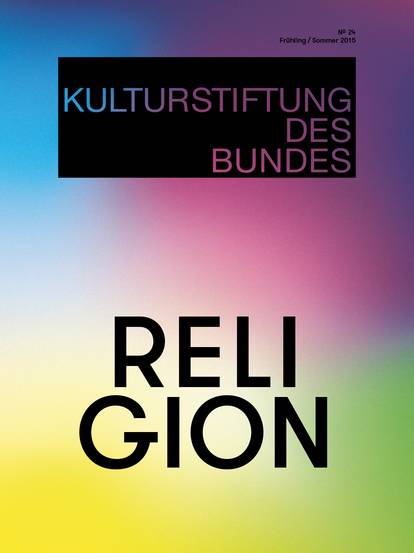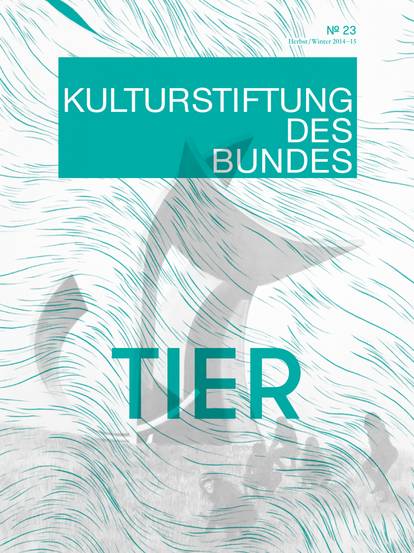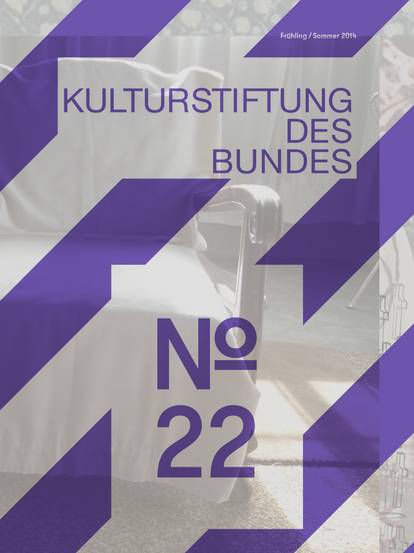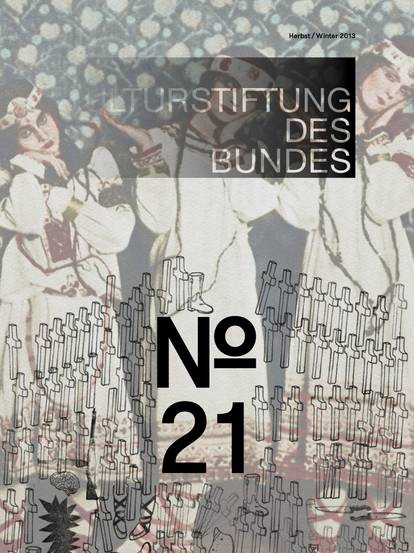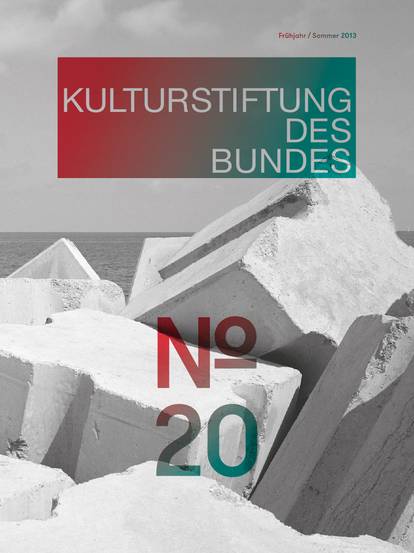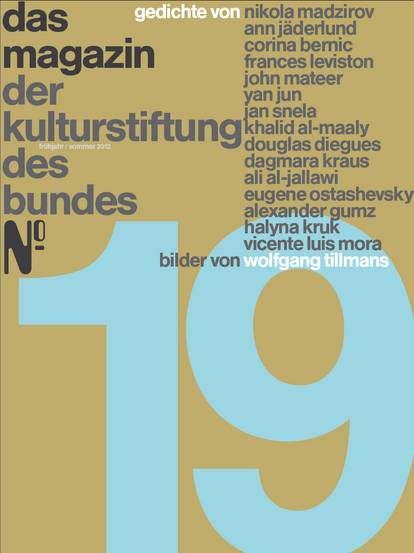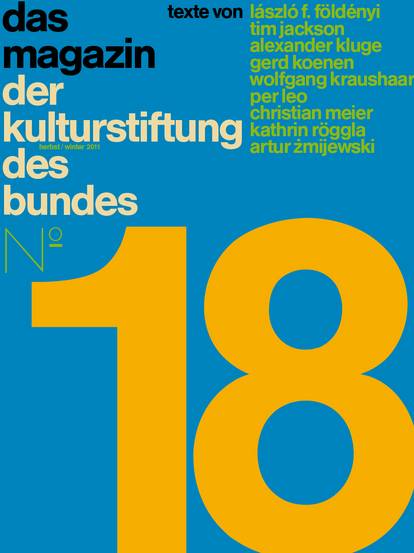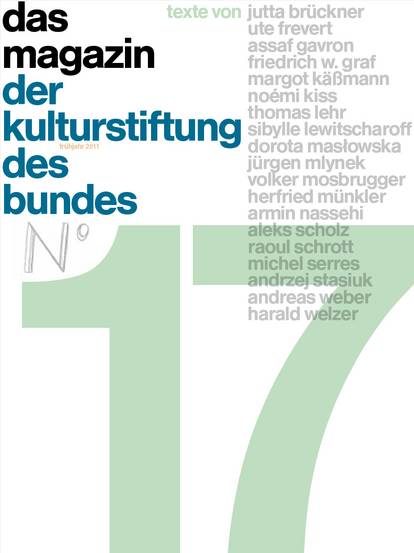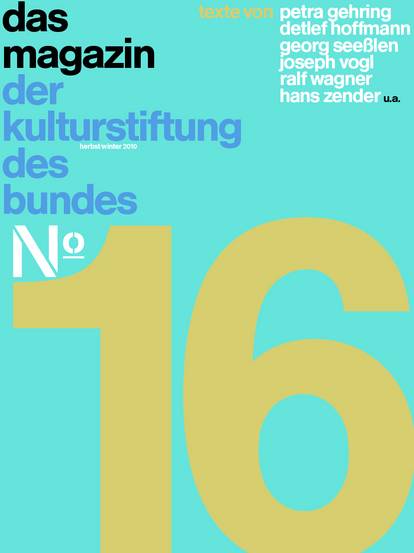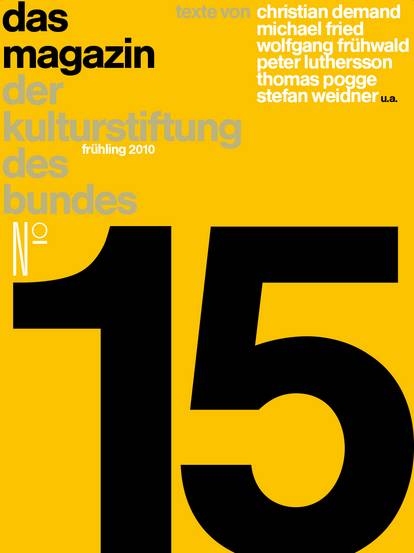Non-profit propaganda or necessary information?
As the legal successor to Adolf Hitler’s estate, the Free State of Bavaria was able to prevent publication of Hitler’s “Mein Kampf”[My Struggle] in Germany for years on the basis of copyright laws. However, the copyright protection is set to run out in 2015. Several publishers have already announced plans to publish at least parts of the book. Meanwhile, the German State Ministers of Justice have taken steps to continue preventing its publication in Germany after 2015. An interview with the Berlin historian Michael Wildt on the dangers and opportunities of publication.
Professor Wildt, should publishers be allowed to sell Hitler’s “Mein Kampf” in Germany?
Yes. I think it’s a bad idea to keep the book a secret. It’s a central document of National Socialism, and I believe we shouldn’t wrap a cocoon around such texts, but rather study them, examine the hate, the anti-Semitism and racism they contain. The same way we’ve been doing with Hitler’s speeches which have been available to researchers and the public for many years in a serious edition published by the Institut für Zeitgeschichte.
Did the book really play such an important role in National Socialism?
It lost its status as an irrelevant populistic pamphlet following the election victories of the Nazis in the Weimar Republic. After 1933 “Mein Kampf” became the most important work of propaganda in Germany –civil registrars would even present newlyweds with a brand-new copy at the marriage ceremony. I can’t discover anything that supports the legend that it was the “least read book” of National Socialism. There are many volumes around with notes and underlined passages. People did read it and thought about it.
Would the book become more alluring if a decision were made to continue preventing its publication?
That’s what I’m afraid of. I can understand very well that in the 1950s almost directly after the Second World War and in light of the revelations of the mass crimes committed by the Nazis, it would have been hardly conceivable for the Bavarian state to allow the publication of “Mein Kampf”. The copyright laws provided a suitable way to prevent the sale of the book without explicitly banning it. Today, the book is far more an historic document which we ought to study and analyse.
Does its propaganda still pose a threat?
Nobody is going to turn into a neo Nazi because of this pamphlet. Any right extremists, who might have wanted the book, have likely downloaded it from some obscure website long ago. But for those who read it with an unbiased mind will find its crude anti-Semitism and blatant racism revolting, its language is inexpressible, not only does it have an antiquated style, but basically the book is poorly written.
Then why the decision by the German State Ministers of Justice?
Naturally, in the first weeks after it comes out, people may purchase a copy because they’ll see it displayed at stores and because they always wanted to read it themselves and find out what it really says. “Mein Kampf” could then end up at the top of the Spiegel bestseller list, which wouldn’t be a moment to be proud of, particularly in view of the commentaries from the international press. I think we could deal with that. But the thought that money was being made with the book is difficult to accept. The publishers would hopefully be put under pressure to answer the question of whether they hope to earn a profit with an anti-Semitic pamphlet. After all, its publication could be painful and shocking to survivors of the Shoah and their relatives. That’s something we’d have to address.
The Ministry’s decision could also prevent the publication of “Mein Kampf” by the Munich-based Institut für Zeitgeschichte.
That would indeed be rather strange because the institute was commissioned to produce a historical-critical edition of “Mein Kampf” by the Bavarian state parliament on the basis of a unanimous resolution. The planned edition will clearly mark all passages where Hitler lied, show how he twisted the facts and also provide the populist and racist background information. The Institut für Zeitgeschichte wants to produce the edition by itself and earn enough on it to cover the net costs. It also plans to publish a free digital version online. Not publishing it would be a missed opportunity, because when it comes to National Socialism, a responsible society like ours needs information and education.
Do you think that the Ministers of Justice might change their position?
I hope so. Because what would happen if a publisher released the book on the market in January and the State Ministers of Justice took legal action and prosecuted the publisher? Then we’d have a societal dispute about court proceedings involving a Nazi document and the freedom of speech. That would be disastrous in my opinion. We should avoid any kind of legal battle as the Ministry decision is set up to do. What we need instead is a public debate.
The interview was conducted by Tobias Asmuth

![[Translate to English:] Magazine 38](/fileadmin/_processed_/f/1/csm_Magazin38_Cover-Vorschau_921x1230_689f428dc3.jpg)
![[Translate to English:] Magazine 37](/fileadmin/_processed_/b/c/csm_Mag37_Cover-Vorschau_921x1230_b5129fdb2a.jpg)
![[Translate to English:] Magazine 36](/fileadmin/_processed_/2/a/csm_Cover_Magazin36__issuu_2f3cef97bb.jpg)
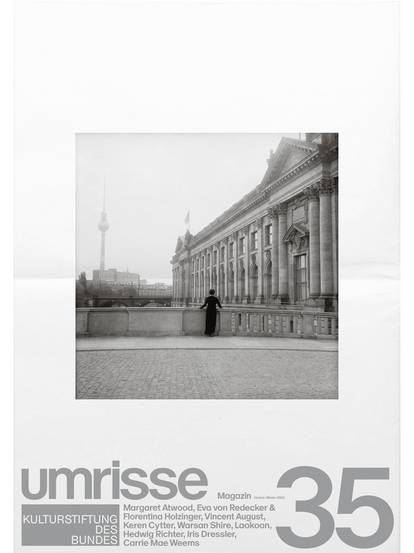
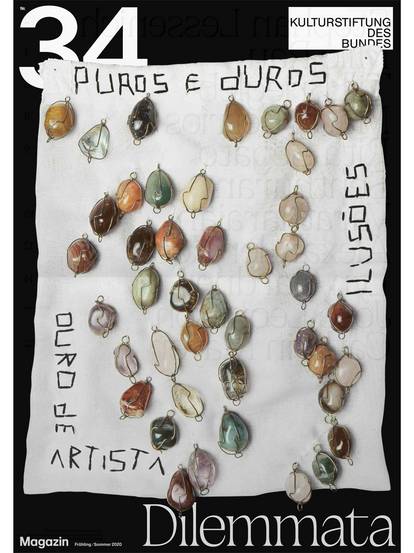
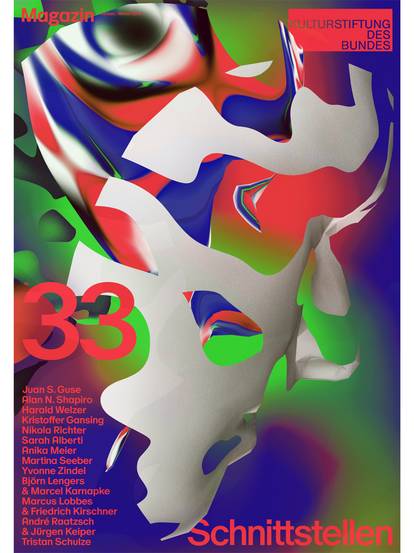
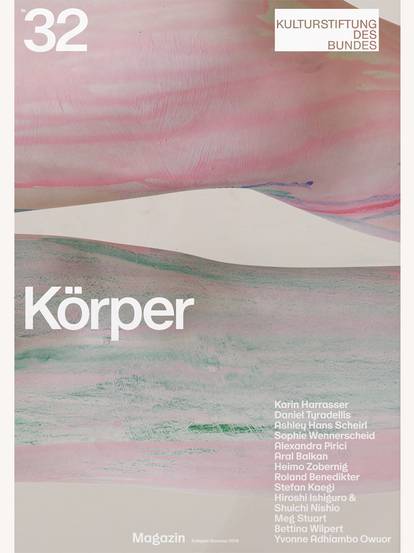
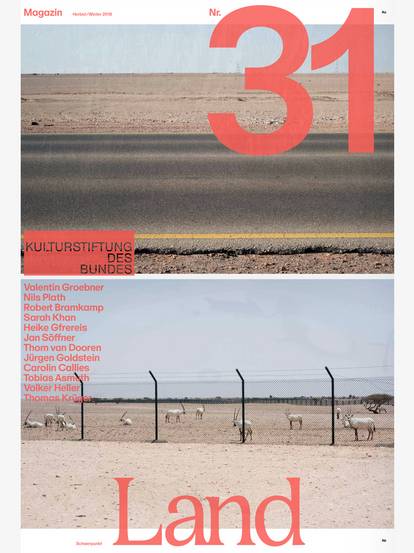
![[Translate to English:] Magazine 30](/fileadmin/_processed_/c/b/csm_magazin30_vorschau_9005f773d3.jpg)
